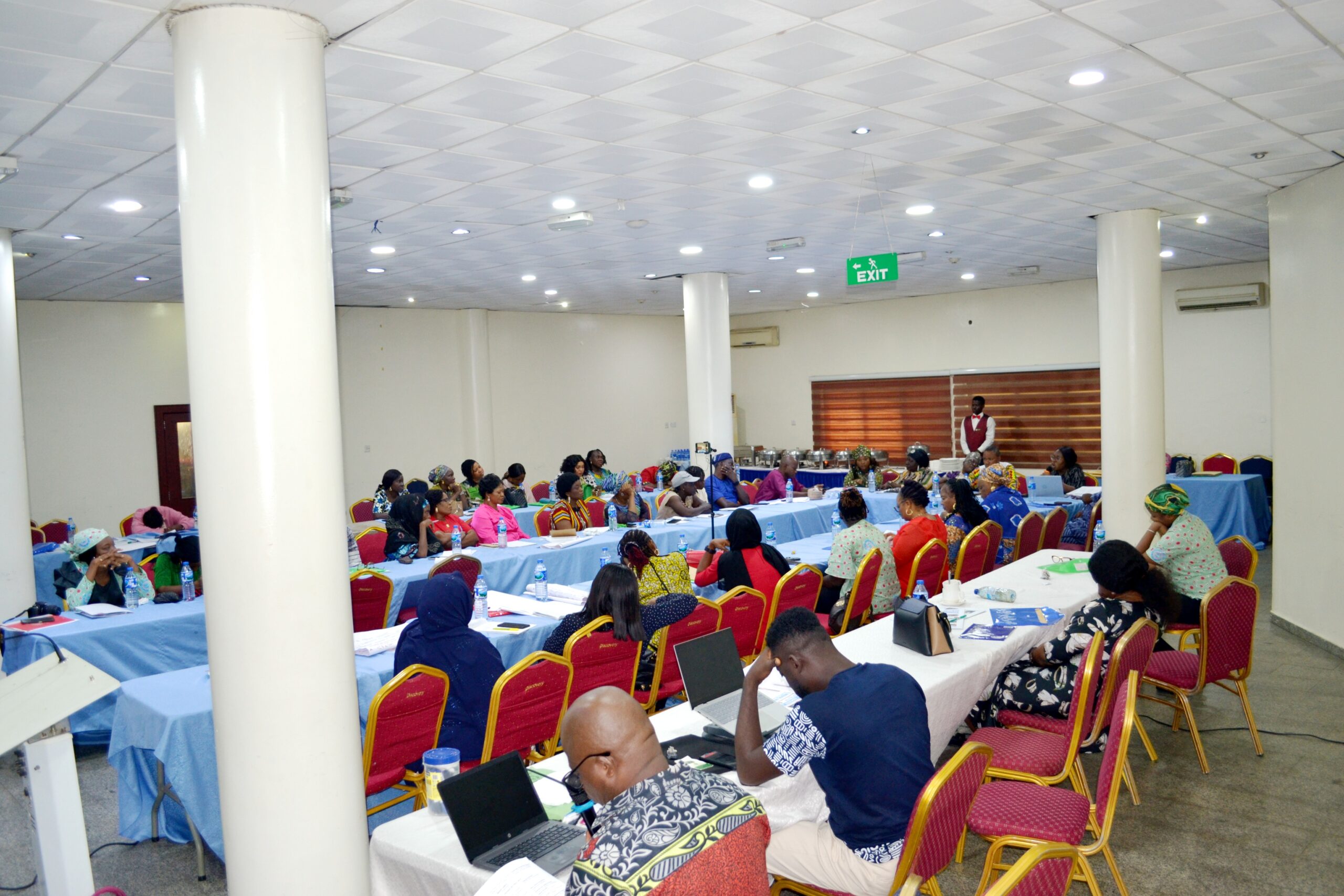
Arising from the resolution of its emergency Central Committee, last week in Lagos, Nigeria Labour Congress (NLC) will tomorrow Tuesday, August 23, protest nationwide the recent killing of two public civil servants by Government House security operatives in Nasarawa State over in particular and increasing violations of workers in the country as a whole. It would be re-recalled that on Friday July 29 the NLC Leadership had intervened on the protracted workers’ strike following the decision of the state government to arbitrarily slash their salary by 50 per cent.
Workers had gone to the government house to wait for the outcome of the NLC meeting with Gov. Umaru Al-Makura. Strangely policemen attached to the Government House, allegedly shot at the protesting workers, killing two of them with many others injured. The NLC described the police action as “a violation of workers’ rights to protest as enshrined in Nigeria Constitution and International Labour Organisation, ILO, provisions.” It therefore called on Nasarawa State government to “commence full and unbiased investigation into the incident with a view to bringing the culprits to book, pay full compensation to the family of the dead workers, pay the bills of those hospitalised and restore full payment of workers’ salaries”. Increasingly labour as a factor of production, wealth generation and public service delivery is fast becoming an endangered species in Nigeria. No thanks to multiple assaults on workers’ rights through delayed and non-payment of salaries, retrenchment and recent illegal compulsory directive to make workers become emergency farmers contrary to their contracts of employment.
Nasarawa state Governor, Tanko Al-Makura even went further to scandalously threaten to sack striking workers over 50 per cent wage cut and replace the workers with “fresh graduates” if they did not return to work. No colonial governor during the British colonialism so verbally casualized the dignity of labour with respect to contracts of employment on pay and tenure as Governor, Tanko Al-Makura unacceptably did. Paradoxically Al-Makura is not alone in this passing fad of some governors turning public servants in their respective states to glorified slaves. Under the emergency “Back To Land For Agriculture” programme, which was never part of his campaign promises, less than 24 hours the Imo State Governor, Rochas Okorocha, announced the reduction of normal working days from 5 to 3 days a week, as well as slash workers monthly salaries. The state chapter of the Nigeria Labour Congress (NLC), has vowed to resist the move, contending rightly that the governor lacks the constitutional power to do so. In June, Benue State government declared Friday of every week a work free day “…to enable workers in the state to go and work on their farms”. State Commissioner for Information and Orientation, Chief Odeh Ageh, who made the announcement today, said the decision was approved by the 16th session of the state executive council meeting chaired by Governor Samuel Ortom. Ageh explained that the idea would aid as many workers as possible “…to produce enough food to feed their families in the face of the current economic downturn which has made the regular payment of salaries a major challenge.”
There is a bewildering withering away of a motivated, and protected working public servants which once delivered good governance in Nigeria of 60s, 70s and 80s and its replacement with mass of unpaid, harrazed and violated work force. Whence the dignity of labour when labour is fast receding as the most significant factor of production and value addition in Nigeria? Do our governors truly understand the spirit and content of the Constitution they through impulsive decisions violate with respect to labour market issues? The 1999 Constitution under which the governors took the oath of office explicitly guarantees the sanctity of public service at both Federal and state levels with respect to adequate security of tenure, hours of work, health and safety, adequate remunerations and pensions.
Section 209 Of the Consitution gurranttees decent work of the civil servants in the public service of a State and does not subject it to the whims of executive governors. The Head of Service of the federation as well as heads of service of the 36 states must speak out in defence of the rights of public servants against serial attacks of some states’ Governors. Workers’ rights violating governors cited the prevailing economic circumstances as the reason for this singular illegality.
Al-Makura for instance said the decision by the state government to review their salary downward was a result of dwindling economy, “caused by the fall in the price of crude oil and declining allocation from the Federation Account”.
In the same vain, Okorocha argued albeit wrongly that there was nothing wrong with the workers being told to farm for two days, considering the clamour for all to go back to agriculture because of the dwindling allocation, occasioned by the drop in the price of oil. Of course everything is wrong with the policies of a state governor such as Al-Makura who by 50per cent fiat cut the salaries of civil servants while engaging in wasteful projects such as building of a multi-billion Naira new airport. It’s a mark of least resistance in governance on the part of most governors to shift the burden of declined revenue on their workforce while still maintaining the primitive huge cost of executive overhead. Public servants are expected to deliver public service with respect to education, health, etc. To therefore transform civil servants into overnight farmers without fresh letters of appointments as part of some dubious “cost-saving measures” is to proclaim end of public work and public service by these governors and by implication turn governance which is a serious business into an unacceptable joke.








